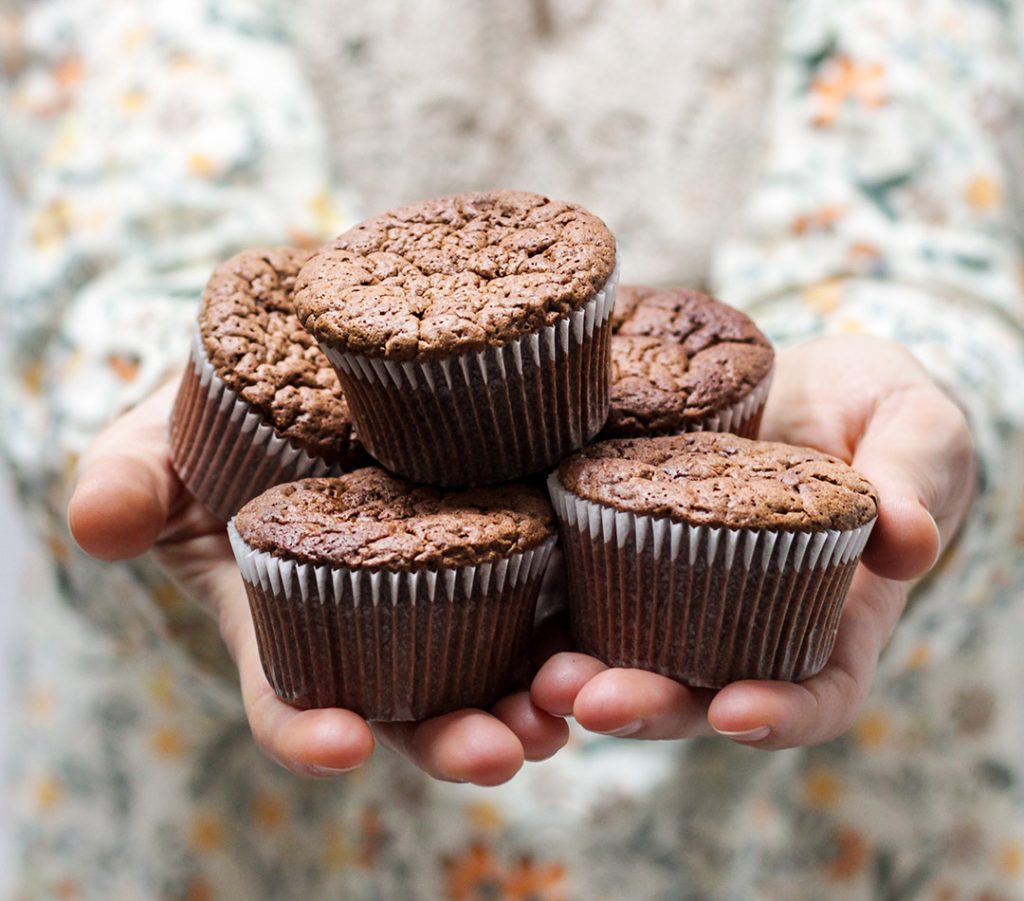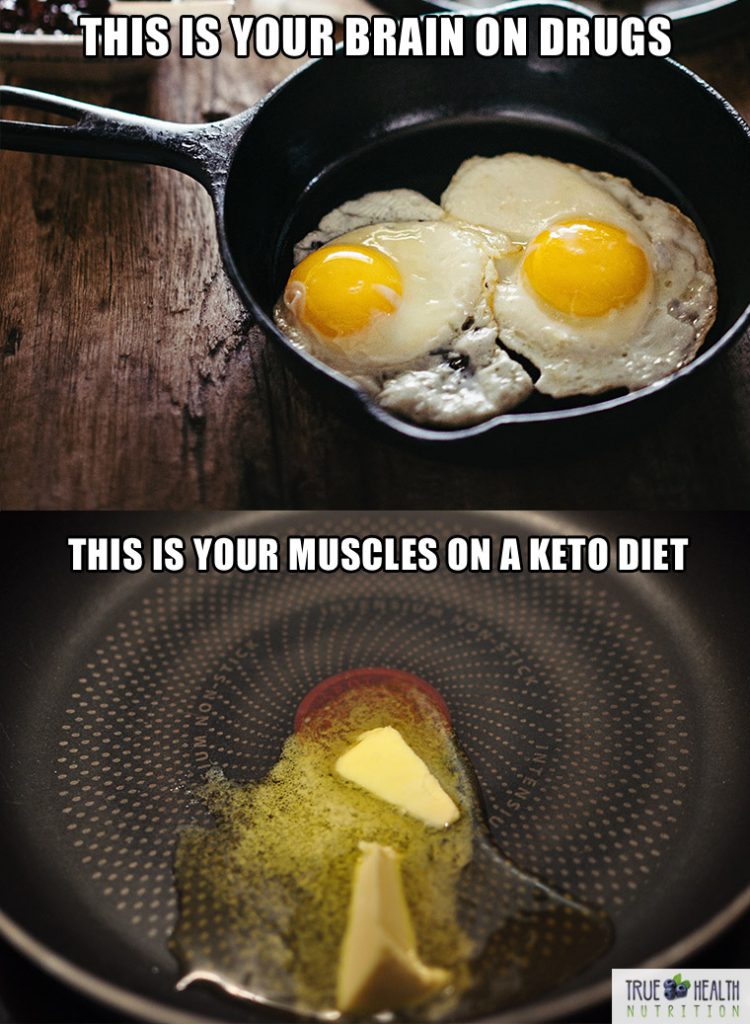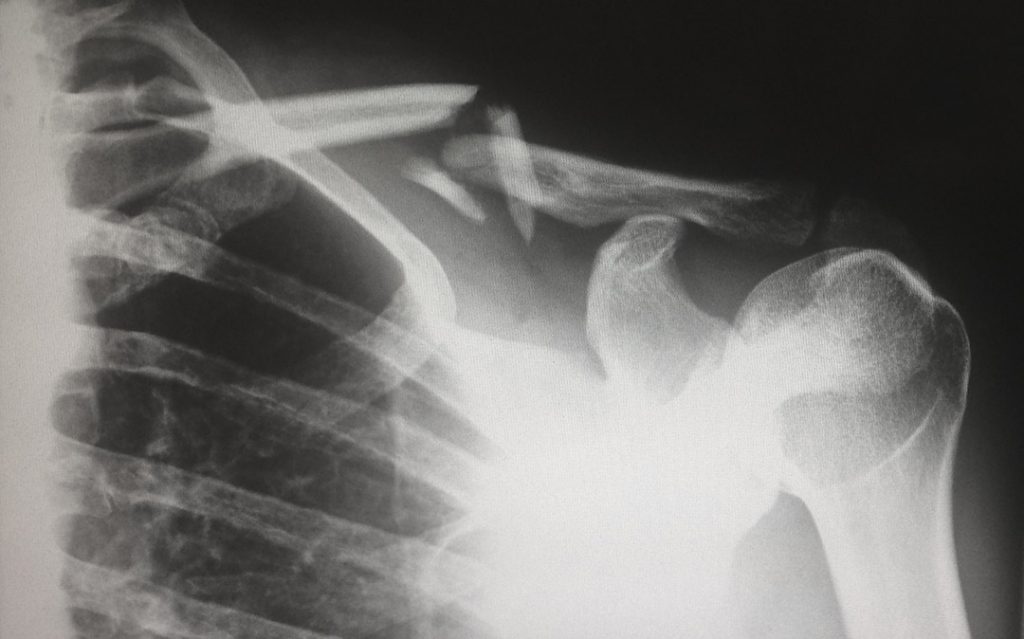Low-carb and ketogenic diets seem to be all the rage these days.
As a Registered Dietitian, I know that in the long-term, they do not work. This is so frustrating! I spend a lot of my time with patients whom I work at “fixing” after they followed diets that are “all the rage.”
Without further ado, here’s my input on why ketogenic or low-carbohydrate diets are a terrible, terrible idea:
1. Low-carb diets cause a reduction in metabolic rate.
For example, you begin the diet by requiring 2000 kcal per day, and end up needing only 1600kcal a day at the end. The body is very adept at using carbohydrates as energy for the brain, but it can only use fat to a certain point. Quickly, it will start using muscles for fuel. Muscles burn energy. Less muscle = less energy burned.
2. They do not work in the long run
Low-carb diets work in the short term because they cause an overall decrease in appetite and hence, a decrease in caloric intake. After dieting, people crave more food over time. Registered Dietitians do not recommend low-carb diets because we have clinics full of people who have failed on them, winding up worse off. I have many clients seeing me for morbid obesity after following ketogenic/low-carb/Atkins diets. Through research, schooling, and our own experiences, we know that they don’t work! Bariatric surgery waitlists are full of people who followed low-carb diets.
3. There is an end
The word “diet” implies a beginning and an end. Ketogenic diets are NOT sustainable. When you end the diet, you go back to where you were before.
Every time we diet, we get better at surviving with less food. When you end the diet, you go back to eating what you were eating before, but now, you need fewer calories. It is anecdotal, but I have seen it. Who would want to be on that diet forever? Imagine, never eating strawberries again? Even maintenance diets are unmaintainable. Everyone goes out to have wine or beer and cake on someone’s birthday.
4. Bone loss
A diet too high in protein can cause bone loss.
5. Heart disease
Dr. Atkins himself may have died of heart disease. His medical records indicated: congestive failure, hypertension, myocardial infarct. We know that diets high in saturated fat lead to heart disease, strokes, and cancer. I’m not making this up, guys!
6. Cravings
All forms of dieting (including low-carb dieting) cause a reduction in GLP-1 (the satiety hormone) and an increase in ghrelin (the hunger hormone). These are thought to increase the chance of survival next time food is scarce. What happens to a bear in the summer after not eating all winter? They gorge. In humans, its called bingeing. Just like we do after dieting. People will blame themselves when in fact they should blame the diet. Diets result in feeling less satisfied and experiencing more cravings. People feel like they are a failure, when in fact no ones willpower is stronger than their survival instinct.
7. Not all carbs are created equal
Low-carb diets keep people from eating donuts, Pepsi, Pop-Tarts, and other products devoid of nutritional value. That in itself is enough to get people to lose weight. However, they also keep people from eating apples, brown rice, quinoa, tofu, berries, chickpeas and other food full of fibre, vitamins, minerals, antioxidants, and phytochemicals. These foods are enjoyable to eat and nourish our cells and particularly, our brain. Consider the nutritional difference between a whole orange versus an Orange Crush drink. Grains and healthy carbs are prebiotics (food that feeds the good bacterias in the intestine) and greatly assist in maintaining gut health.
8. Renal health risks
Eating too much animal protein may be harmful to your kidneys as protein metabolites are excreted through them.
9. Nutritionally incomplete
Eating enough (healthy) carbs helps support normal brain functions. It also provides all the vitamins, minerals, phytochemicals, and fibre your body needs. Low-carb diets are not nutritionally complete.
10. The psychological impact of dieting
Diets do not promote eating mindfully, nor do they support a healthy relationship between individuals, food and their body. They promote poor self-image, obsessions, and unrealistic expectations.
In particular, it is a very toxic message to send to your child if they watch you follow a diet.
11. Low-carb diets are destructive
People think that the low carb diets are great because you don’t feel hungry on them. Being on a ketogenic diet will cause a decrease in pH, which will cause a decreased appetite, which will, in turn, cause a lower calorie intake. But not feeling hungry does not equate with eating all the calories and carbs your body needs. There is no “magical gluconeogenesis” that happens without muscle wasting. A release of insulin will not protect your muscles. You are in catabolic sympathetic mode, which means you are in the stressed mode of breaking down muscles. It also means you are at the point of being in “survival mode”. This may be useful if you’re lost in the Arctic for a month, but for regular folks like us- bad news.
12. Muscle Wastage
It may take many weeks to build back the muscle you “wasted” during insufficient consumption of carbohydrates and calories. Why would any athlete want to follow a strict low-carb diet? Nevermind the impaired performance while following the diet!
13. Processed Meats
Processed meats, including bacon, are linked to cancer. They are classified by the World Health Organization as Grade A carcinogens, i.e. as bad as cigarettes or asbestos. Think about this before you eat a hot dog at your kids’ next baseball game. What’s more important: being skinny for a short while, or healthy forever?
14. Being thin isn’t everything
You can be thin, and still be unhealthy and feel like crap.
15. The “yo-yo” effect
It has been scientifically proven that the consequences of weight cycling (yo-yo diets) include: an increased risk of fractures (osteoporosis), dyslipidemia, chronic inflammation, cancers, cardiovascular risk-related mortality and morbidity, type-2 diabetes, gallstones, neoplasms, hypertension, insulin resistance, binge eating, and low self-esteem, to name a few.
16. Carbs are building blocks
Healthy carbs will cause the body to switch from the sympathetic (stressed) mode to the anabolic/parasympathetic mode. Anabolic means: building (i.e. building muscles). Parasympathetic means: the relaxed mode where your body builds itself back up. Being in the sympathetic mode all the time by avoiding all carbs is not natural nor healthy.
17. The price tag
If you don’t give your body any carbs, it will make them from protein in your diet and from your muscles. Why not just give your body what it needs? There is a reason carbs are so comforting: we need them for survival. This isn’t even taking into consideration the price tag for our planet. Eating huge amounts of animal protein coupled with unhealthy fats is terrible for your health, disastrous for the environment, and causes the unfortunate and unnecessary slaughter of billions of animals.
Promoting a low-carb diet is the perfect example of “Half knowledge is more dangerous than no knowledge”.





